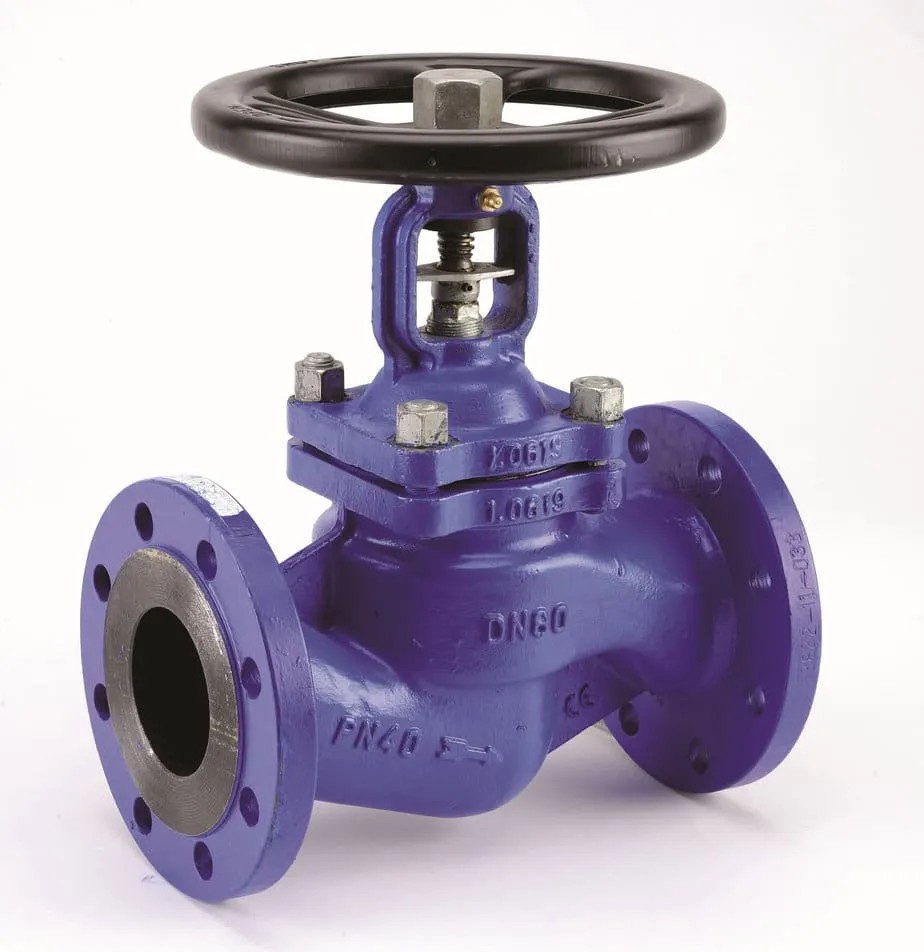Steam valves play a vital role across industries, homes, and even in the kitchen. Whether it’s heating your apartment on a winter morning, maintaining pressure in an industrial boiler, or safely cooking your dinner in an Instant Pot, steam valves are everywhere.
In this comprehensive guide, we explore the different types of steam valves, how they work, and where they are commonly used—from steam radiator valves to steam pressure relief valves and beyond.

Table of Contents
Toggle🔧 Section 1: Fundamentals of Steam Valves
A steam valve is a mechanical device designed to regulate, direct, or control the flow of steam. Steam, under pressure, is incredibly powerful—and dangerous if uncontrolled. That’s why steam valves are critical to maintaining:
Safety (via pressure relief and air venting)
Efficiency (by controlling temperature, pressure, and flow)
Process control (especially in automated or industrial settings)
Key Considerations When Choosing a Steam Valve:
Operating pressure and temperature
Material compatibility (e.g., stainless steel for high-temp steam)
Sealing mechanism (leak-proof designs for reliability and safety)
🏭 Section 2: Common Types of Industrial and Heating Steam Valves
1. Steam Globe Valve
Designed for precise throttling
Best for flow regulation, especially in heating and steam process lines
Common in industrial steam distribution
2. Steam Gate Valve
On/off valve with minimal pressure drop
Not ideal for throttling, but excellent for isolating steam lines
Durable and cost-effective
3. Steam Ball Valve
Provides quick, quarter-turn shutoff
Suitable for high-pressure steam lines when properly rated
Compact and easy to operate
4. Steam Check Valve
Prevents backflow in steam systems
Ensures unidirectional flow, protecting equipment
Also referred to as “check valve for steam”
5. Steam Safety & Relief Valves
Includes:
Steam pressure relief valve
Steam relief valve
Steam boiler relief valve
Steam safety valve
Steam boiler pressure relief valve
Steam pressure release valve
Automatically opens when system pressure exceeds safe limits
Required by safety regulations on boilers and pressurized steam systems
6. Steam Pressure Reducing/Regulating Valves
Maintain consistent downstream pressure
Also called:
Steam pressure reducing valve
Steam reducing valve
Steam regulator valve
Steam pressure regulating valve
Critical in both industrial and commercial steam heating
7. Steam Control Valve
Used in automated process systems
Often controlled by sensors, PLCs, or thermostats
Helps maintain temperature, pressure, or flow in real-time
8. Steam Solenoid Valve
Electrically actuated for on/off steam flow control
Used in home appliances and industrial systems for automation
🏠 Section 3: Steam Valves in Residential Heating Systems (Radiators)
Steam heating radiators are a classic feature in older buildings, especially in cities like New York. They rely on a network of valves for proper function and comfort.
Key Steam Radiator Valve Types:
Steam radiator valve
Radiator steam valve
Steam valve radiator
Steam radiator control valve
Radiator steam valves
These valves allow homeowners to manually open or close steam flow to individual radiators for room-by-room control.
Air Valves/Vents:
Steam radiator air valve (or steam radiator vent valve)
Releases trapped air to allow steam into the radiator
Crucial for efficient heating
Various steam radiator air valve types are available, including adjustable vents
Thermostatic Radiator Valve (TRV):
Automatically regulates heat based on room temperature
Appears in search as “thermostatic radiator valve steam”
Replacement & Maintenance:
Common issues include leaks, stuck valves, or uneven heating
Search terms like “steam radiator valve replacement” and “steam heat radiator valve replacement” reflect typical homeowner concerns
🍲 Section 4: Steam Valves in Home Appliances (Instant Pot)
Steam isn’t just for heating—it’s for cooking too. The Instant Pot uses a steam release valve to regulate internal pressure.
Key Instant Pot Steam Valve Terms:
Instant pot steam release valve
Steam release valve instant pot
Instant pot steam valve
How It Works:
The steam valve seals the pot during pressure cooking
Once the food is done, the valve releases steam to safely reduce pressure
Failure to maintain or install it correctly can lead to cooking issues or safety concerns
Maintenance Tips:
Ensure the valve is clean and debris-free
Regularly check for wear and replace if loose or malfunctioning
🚂 Section 5: Niche Applications
Steam Train Valve Gear:
Historically, valve gear regulated the admission and exhaust of steam in locomotives
It’s a reminder of steam’s role in transportation and industrial history
✅ Conclusion: Choosing the Right Steam Valve
From the steam radiator air valve in your living room to the steam pressure reducing valve in an industrial plant—or even the steam release valve in your Instant Pot—steam valves are everywhere.
Understanding their function and selecting the correct valve type ensures:
Operational safety
System efficiency
Longevity of your equipment
Looking for help with steam valves or replacements? Whether you’re a homeowner, engineer, or contractor, consult the valve specifications carefully—or reach out to trusted valve suppliers for expert guidance.
